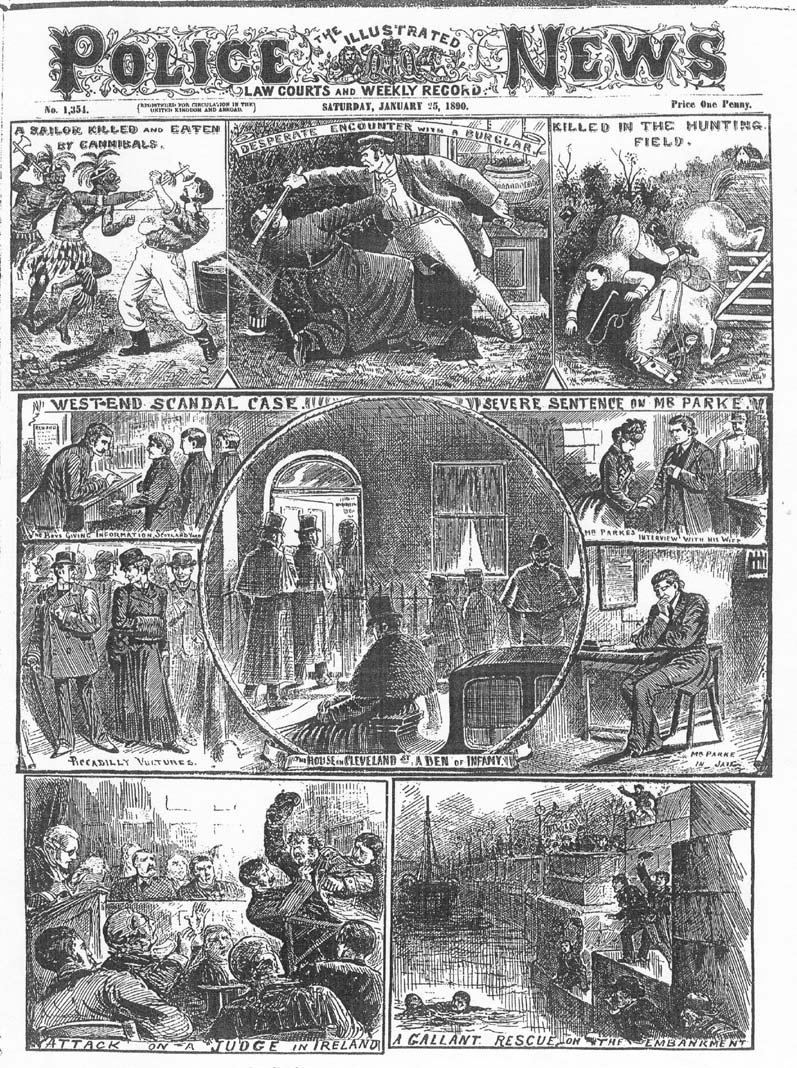Though largely unrecognised as such at the time, the Victorian period was full of writers addressing what we now consider themes of ‘queer’ sexuality and gender. Literature by authors such as Robert Louis Stevenson, Wilkie Collins and Oscar Wilde emphasize kinship, desire, matrimony, and domesticity, acting as a rich resource for analyses of same-sex desire, gendered and sexual subjectivities, and closeting and homophobia.
Texts to be studied on this course include Dr Jekyll and Mr Hyde, The Picture of Dorian Gray, The Woman in White, and Joseph Sheridan Le Fanu’s Carmilla. Seminars will be grouped according to themes, such as Marked Bodies, Queer Utopia, Queer Failure, and Undoing Gender. Our explorations will employ nineteenth-century medical and legal texts, and theories from contemporary gender and sexuality studies. Michel Foucault’s History of Sexuality will help us develop a paradigm for understanding the construction of normative and nonnormative forms of gender and sexuality within Victorian society. We will also discuss nineteenth-century sexologists, such as Havelock Ellis, and examine the intersection of concepts of sexuality, gender, race and class through the monstrous figures in gothic tales. Ideas of futurity and utopia in the work of scholars like José Esteban Muñoz will highlight the ways in which literature can envision varied possibilities concerning gender and sexuality.
A course-connected trip to Oxford and London is likely to include a chance to see an Oscar Wilde archive at University College, and to visit Queer Britain, the UK’s first LGBTQ+ museum in King’s Cross.
Professor: Lisa Kasmer, Associate Professor of English, Clark University, MA. Email lkasmer@clarku.edu

